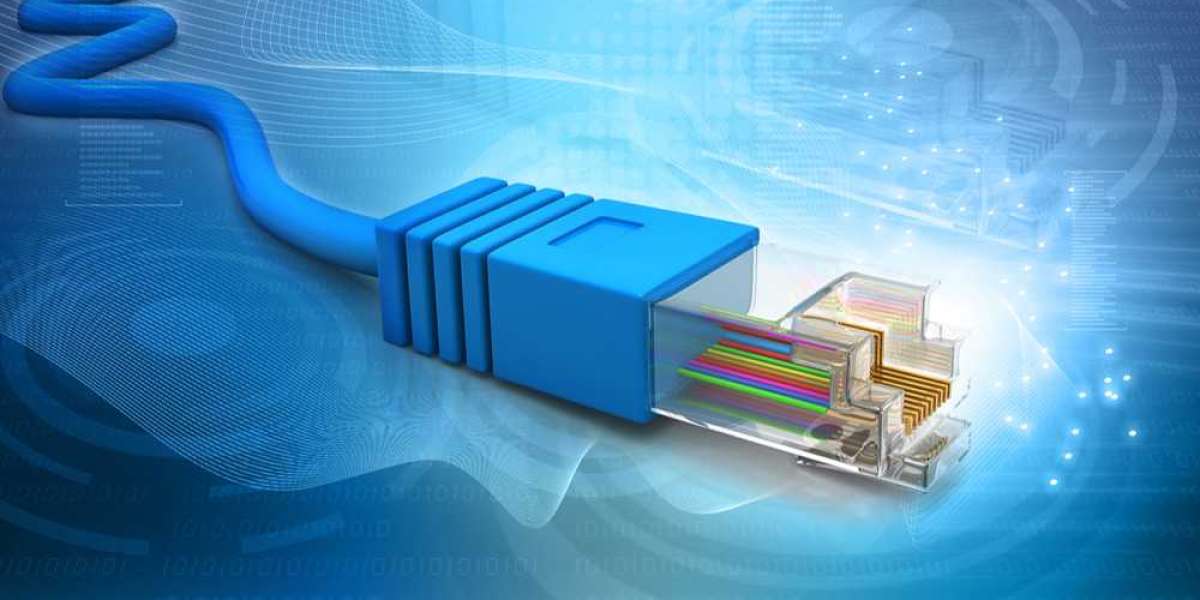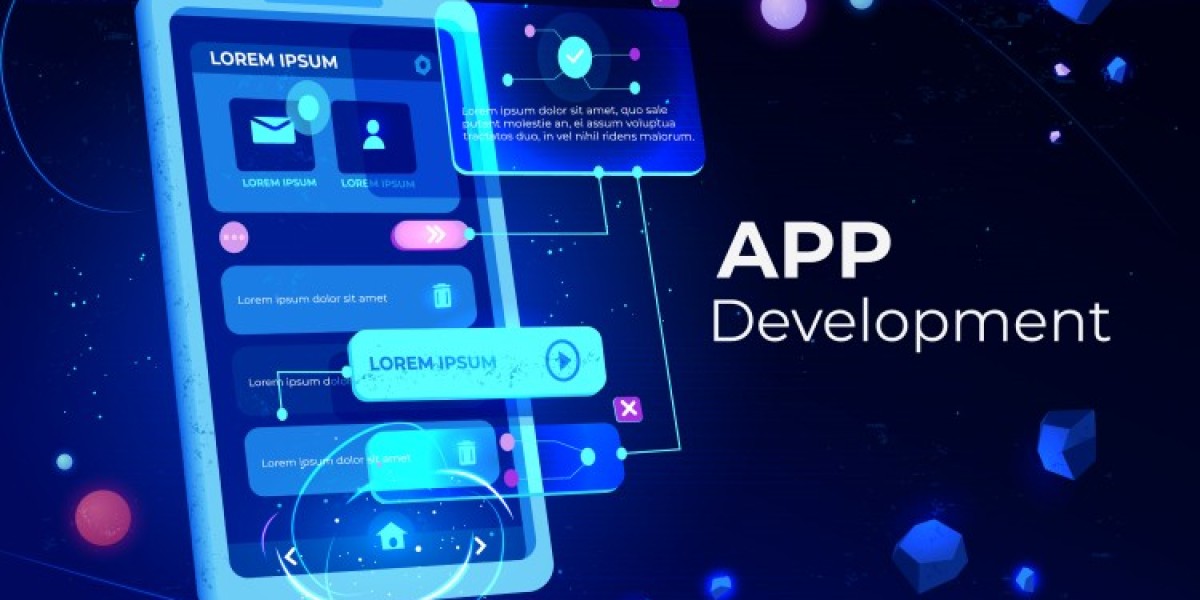Internet leased line is a dedicated connection that provide high-speed, reliable data transmission. It is a point-to-point private data connection offered by operators and ISPs to businesses.
What is an Internet Leased Line?
An Internet leased line, also known as a private circuit or a direct inward dialing (DID) line, is a type of data connection that provides you with your own, dedicated Internet access. It’s a physical connection that uses fiber-optic cable to connect your business directly to your ISP—and it’s not shared with anyone else.
An Internet leased line offers many benefits over other types of Internet connections, including:
- Increased reliability: because an Internet leased line is a direct connection between you and your ISP, there are no other users on the same line that could cause problems or slow down your connection.
- Increased speed: an Internet leased line offers symmetrical speeds—meaning you can upload data at the same speed that you can download it. This is in contrast to most other types of Internet connections, which offer slower upload speeds.
- Scalability: an Internet leased line can be scalable to meet your changing needs. For example, if you need more bandwidth, you can simply upgrade your connection without having to change providers or dealing with any increased downtime.
If you’re looking for a reliable, high-speed and scalable Internet connection for your business, an Internet leased line may be the right solution for you.
Benefits of an Internet Leased Line Connection
An Internet leased line is a private connection between your business and an Internet Service Provider (ISP). The line is dedicated to your business, which means that you don’t have to share it with other businesses or residences. This results in a much more reliable connection with fewer dropped connections and faster speeds.
Leased lines also offer increased security because they aren’t publicly accessible like broadband connections. And because the connection is dedicated to your business, you can customize it to meet your specific needs. For example, you can add multiple static IP addresses or increase the bandwidth to accommodate peak usage times.
How Does an Internet Leased Line Work?
An Internet leased line is a type of high-speed data connection that allows businesses to connect to the Internet at speeds of up to 1 Gbps. Leased lines are dedicated, meaning that they are not shared with other users like cable or DSL connections. This makes them more reliable and consistent than other types of Internet connections.
How to Choose an Internet Service Provider for Your Business
In order to choose an Internet Service Provider (ISP) for your business, you need to first understand what an Internet Leased Line is and how it works. An Internet Leased Line is a type of private circuit that provides symmetrical high-speed internet access between your business and an ISP. It is a dedicated connection that is not shared with any other businesses or residences, which means that you will always have a consistent and reliable internet connection.
Now that you know what an Internet Leased Line is, you can start researching ISPs that offer this type of service. When looking for an ISP, make sure to consider the following factors:
- Speed: How fast do you need your internet connection to be?
- Reliability: Can the ISP provide a consistently reliable connection?
- Latency: How much delay should you expect when using the internet connection?
- Support: What kind of customer support does the ISP offer?
- Price: How much are you willing to pay for the service?
Keep these factors in mind when narrowing down your options and choosing the best ISP for your business.
Troubleshooting Problems
If you're experiencing problems with your internet leased line, there are a few things you can do to troubleshoot the issue. First, check to make sure that the physical connection between your router and the leased line is secure. Next, check your router's configuration to ensure that it's set up to work with a leased line. Finally, contact your ISP to see if there are any issues on their end that could be causing problems.



